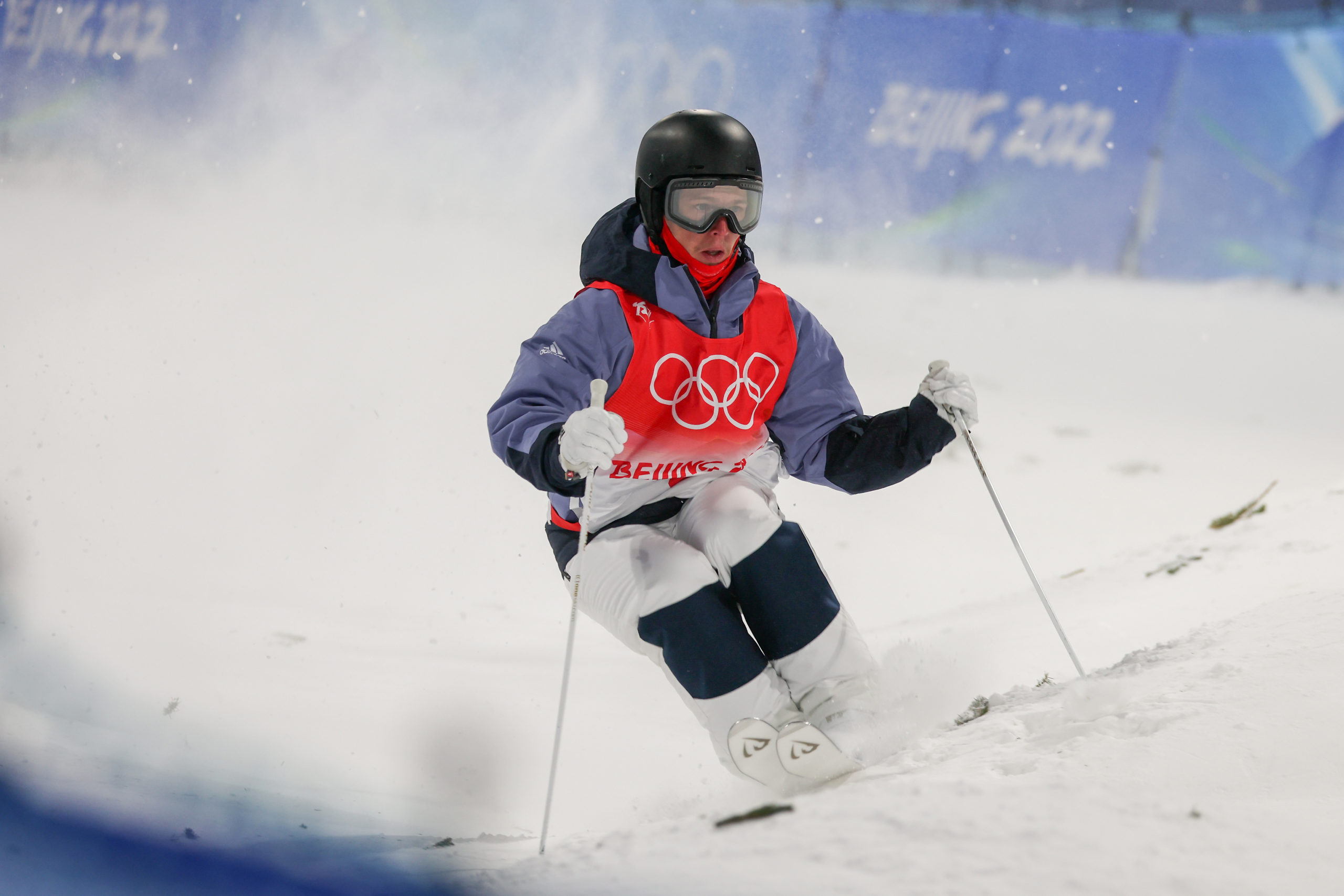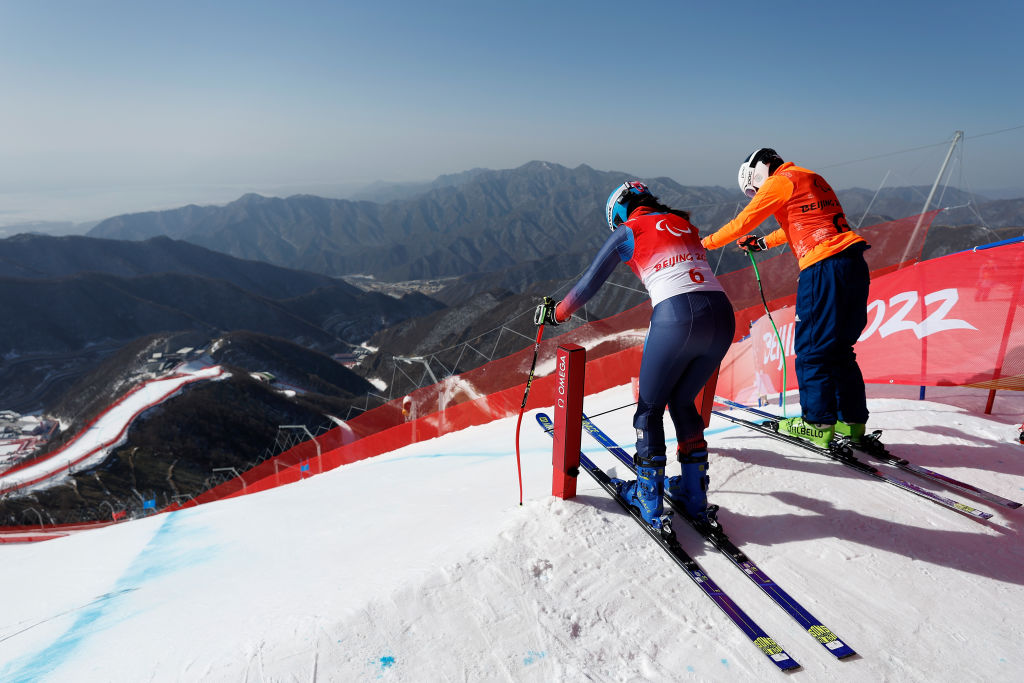
For Mental Health Awareness Week, we spoke to Sarah Cecil, GB Snowsport Sport Psychologist
How do any of us make sense of the pandemic? How can elite athletes process the emotions they’ve felt, and reflect on any new-found strengths that they might be able to utilise in the future? During Mental Health Awareness Week, it’s a good opportunity for us to reflect on those questions – and their relevance to people in all situations.
Unsurprisingly, it’s a complex task. In my role at GB Snowsport, I oversee the Mental Health Screening programme alongside the sport’s Chief Medical Officer, Mike Loosemore, as well as providing self-care advice alongside Kearnan Myall, the Performance Lifestyle Advisor. Over the past year, a lot of the work I’ve done has focused on helping staff and athletes with lockdown and all the challenges that come with it. Some of the lessons we’ve learned will have relevance for a long while to come.
Firstly: self-care is an especially important priority right now. Because we’ve lost some our normal ways of recharging, we have to be proactive and give ourselves permission to take care of ourselves. At work (or in high-performance situations) if we’re managers or coaches, we need to give permission for people to enact their own self-care strategies. It’s an unwritten rule, but it’s a vital one.
Secondly: let go of struggles and move forward. We’ve run education on basic psychology looking at Cognitive Behavioural Therapy (CBT), Acceptance & Commitment Therapy (ACT) and strength based psychology. I work mainly from an ACT perspective, which addresses psychology from the standpoint of: “it’s not our thoughts that are the problem, it’s our struggle not to have them which causes the issues”. Naturally as humans we have all these unwanted thoughts and feelings which are uncomfortable, and a lot of people spend a lot of energy trying to get rid of them. By reframing that use of energy, we can encourage people to be willing to accept their uncomfortable thoughts and move forward focusing on their ’why’.
Thirdly: make sense of your experience and unpick your strengths. At GB Snowsport we’ve worked really hard to make it natural to talk about mental health. We want people – athletes, staff, anybody – to feel comfortable talking about their self-care priorities, how they’re going to do it, how they’re going to give themselves permission to do so. The combination of basic psychology and “unwritten rules” around the culture of mental health is a really powerful way of helping people to manage this really complex situation.
We don’t know, of course, how the lockdown easing is going to affect people’s mental health. The message we’re trying to drive home is that it’s okay not to know how you’re going to feel. The most important thing to do is to remember what’s important for you in your life, and remember not to wait until you feel happy or motivated before pursuing it. It’s better to just go and do it, and allow yourself to manage the emotions that come along with it.
One key piece to consider, as we move out of lockdown, is a small memorial to all the little things we’ve lost in the past year. It’s not necessarily the big things or the loss that gets acknowledged, but the little things that are easy to feel aren’t worthy. Of course, there have been big losses – and it’s easy to think: “how can I complain about my lack of summer holidays when someone else has lost a loved one?” but we have a right to manage our own losses, even if they seem small. It’s a concept called “disenfranchised grief”: grief that society doesn’t teach us how to grieve for. Giving ourselves space (and permission) to feel sad for the opportunities we missed out on helps us to cope with it and move forward.
As humans, we are very adaptable, and we are really psychologically flexible too. We shouldn’t try to predict how we’re going to feel, but we can focus on the values that motivate us. If the thought of something makes us anxious, that’s okay; you can take your anxiety along for the ride with you. That’s just as true of exiting lockdown as it is anything in life. For our athletes, it’s okay to bring your anxieties with you to the snow, and still ski or snowboard. They needn’t be mutually exclusive.
And that’s what it boils down to: you might be scared, but do it anyway. Acknowledge the fear, take a breath, and go ahead.
This week is Mental Health Awareness Week. For more information on this year’s Mental Health Awareness Week campaign, visit www.mentalhealth.org.uk/campaigns/mental-health-awareness-week
For more information on GB Snowsport’s work in mental health, visit https://gbsnowsport.com/mental-health/
 Share
Share

